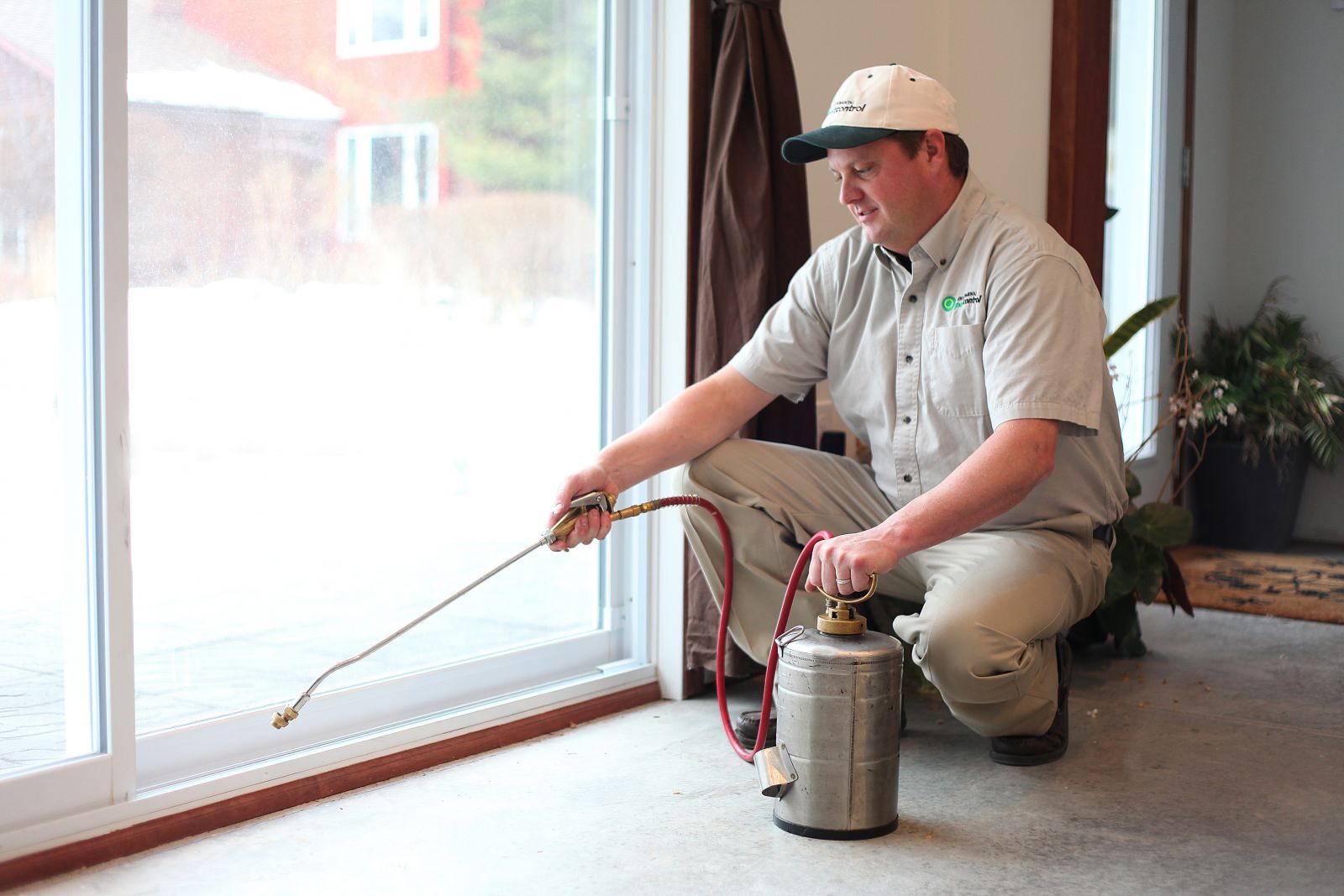Safe Pest Control: Promoting Responsible Consumption
Pest control is a necessary aspect of maintaining a safe and healthy environment, both in our homes and businesses. However, conventional pest control methods involve the use of harmful chemicals that can have detrimental effects on our health and the environment. As consumers become more conscious of their impact on the planet, there has been an increasing demand for safe and eco-friendly alternatives for pest control.
One of the main concerns with traditional pest control methods is their potential hazards to human health. The chemicals used in pesticides can be toxic if ingested or inhaled, causing disturbances to our respiratory, nervous, and immune systems. Children are especially vulnerable to these toxins as they have higher exposure levels due to their behavior patterns.
Moreover, these chemicals also pose a threat to wildlife and other beneficial insects. Pesticides not only kill pests but also affect other organisms that are vital for maintaining a balance in nature’s ecosystem. This disruption can lead to an increase in pests’ resistance over time, forcing individuals to use even stronger chemicals.
Fortunately, many safer alternatives exist that not only effectively eliminate pests but also promote responsible consumption habits. One such method is Integrated Pest Management (IPM), which involves identifying the root https://www.mumspages.com.au/directory/category/home-services/pest-control-services/location/nsw/sydney-region/macarthur-and-camden/ cause of infestation instead of relying solely on pesticides’ application. By addressing underlying issues like sanitation problems or entry points for pests into buildings, IPM reduces the need for chemical intervention while still achieving desired results.
Another approach gaining popularity among responsible consumers is natural or organic pest control products made from plant extracts or essential oils. These products contain no synthetic chemicals and are safe for humans and beneficial insects while effectively targeting specific pests.
Along with using non-toxic solutions as part of pest management strategies, promoting responsible consumption involves practicing prevention techniques towards creating long-term solutions instead of quick fixes through chemical means.
Simple actions such as sealing entry points OR performing regular maintenance can ward off many common household invaders like ants or cockroaches without resorting to harsh extermination methods. Similarly, maintaining proper waste management measures such as clearing out leftover food, properly disposing of garbage or composting, and promptly fixing leaky pipes can significantly reduce the chances of pest infestations.
It’s also essential to educate consumers on the impact of their consumption habits on pest control. For instance, using pet-safe ant baits instead of harmful outdoor sprays or carefully storing food products can help prevent attracting pests in homes and commercial spaces.
In conclusion, safe and responsible consumption is an important aspect of sustainable living. When it comes to pest control, choosing eco-friendly alternatives like IPM strategies or natural products not only ensures our safety but also promotes a healthier environment for all living beings. Implementing prevention measures through smart consumption habits further solidifies long-term solutions for a safer home or workplace without compromising our health and planet’s well-being.



